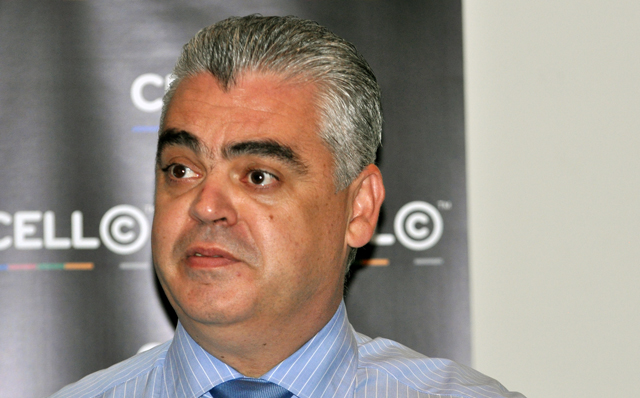
Dominant incumbents are typically defensive when any attempt is made to curb their otherwise abusive behaviour, but isn’t MTN taking it a bit far? Not content to make “super-normal profits” (more than normal profits, or the amount of revenue generated after paying costs, by a monopoly) for nearly 15 years, MTN wants to choke the consumer further by refusing to accept regulatory intervention under law, by sector regulator Icasa.
As Research ICT Africa has repeatedly shown, prices to communicate in South Africa are abnormally high. The prices for communications charged by MTN and Vodacom specifically are excessive when compared with the prices of similar operators elsewhere in Africa.
MTN not only holds more than 35% of the entire mobile market by revenue in South Africa, but holds significant shares in international operations throughout Africa and the Middle East. Operating under regulatory scrutiny is therefore nothing new for MTN, but it seems that where that regulation is not to MTN’s liking, it opts for the courts rather than a good hard look at its operating model.
In 2010, when Icasa first intervened in the market in an attempt to introduce real competition and drive prices down, MTN argued that it would have to cut jobs and its business would be prejudiced by the reductions in the rates that operators charge one another to terminate calls. Over the three-year period that those regulations were in place, MTN increased its margins, measured by earnings before interest, tax, depreciation and amortisation (Ebitda), year on year until 2013, when Ebitda dropped by approximately 2% in the first half of 2013.
Instead of examining its own marketing strategy, cutting costs, or taking steps to reduce the massive dividend payments it makes to shareholders, MTN went to court. This despite an admission by its group CEO in 2013 that MTN had not paid enough attention to the market.
On 12 February 2014, MTN claimed in court papers that Icasa has failed to follow due process in determining termination rates. However, it only wants Icasa to stop regulating mobile termination rates, even though the same process was followed to determine the fixed termination rates. MTN claims that asymmetry is not okay for smaller operators and that it is having to “cross-subsidise” Cell C and Telkom Mobile with asymmetry and lower termination rates.
Without even looking this up in the competition dictionary, it’s easy to see that this is only half the story. MTN also conveniently leaves out the bit about the asymmetry it, together with Vodacom, has enjoyed for 20 years against Telkom. Calling asymmetry a “subsidy” suggests that this is some illegitimate theft of private cash, but it’s a regulated sector and one that is potentially subject to pricing regulation — so there will inevitably be limits on businesses in such circumstances. Icasa can, in fact, regulate retail rates as well. In any event, MTN would have us believe that cash is being removed from the sector altogether whereas it remains within the sector, just not within MTN.
Asymmetry is proposed by Icasa for a further 3 years, allowing smaller operators to charge more than they pay large operators to terminate calls. Asymmetry is a common remedy to make sure that competition is possible — in numerous countries around the world asymmetry is afforded to new entrants, operators with defective or inefficient spectrum, operators which do not have sufficient scale to compete, and for other reasons deemed to be appropriate by the relevant regulator in those markets. Sufficient scale is generally regarded as 20% to 25% revenue market share. Cell C has about 9% and Telkom Mobile about 1% revenue market share.
So, what does MTN really want to achieve here? Perhaps the following paragraph in MTN’s founding affidavit says it all: “Icasa’s stated objective with the asymmetry is to reduce retail rates. Both Cell C and Telkom have announced they will use the new asymmetry regime to reduce their retail pricing. In support of this, I attach a bundle of press reports marked “ZB 18”. If Cell C and Telkom Mobile were to reduce their retail prices during the period before the review is determined, it would cause a permanent change to the market that would be irreversible even if the review were to succeed. Only the grant of interim relief could prevent this change to the market structure from occurring before the review is determined.”
It is clear that MTN does not want competition or the retail rates to come down. Perhaps MTN should be asking: “What does South Africa need?”
- Jose Dos Santos is acting CEO of Cell C

